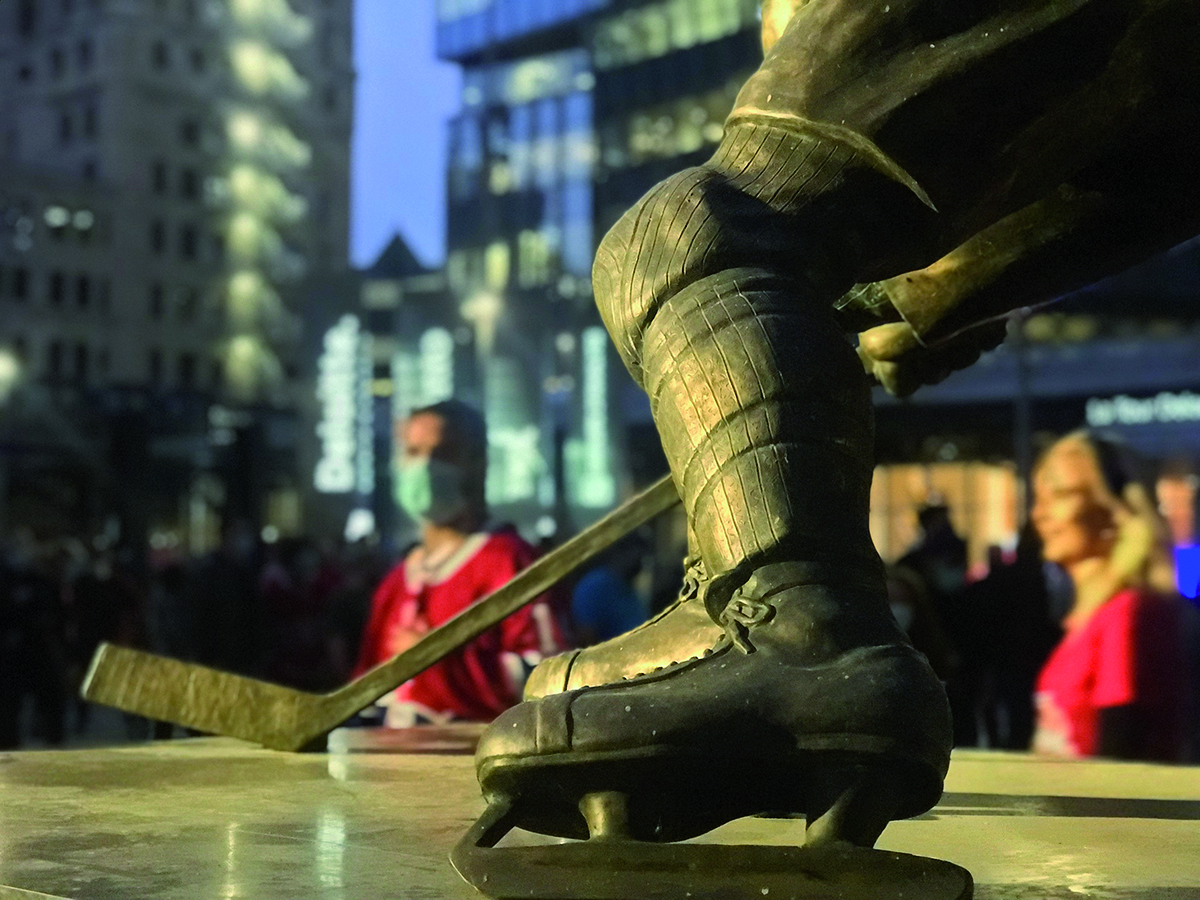Among other larger venues, the Bell Centre is now open at full capacity. Many smaller venues have shared their disappointments
On Sept. 30 the Quebec officials announced that entertainment venues such as cinemas, theatres, arenas and stadiums can return to full-capacity seating beginning on Oct. 8. This marks a big step in Quebec’s gradual return to normalcy. However, there are no changes for bars and other local music venues which offer largely standing room only. They will continue to operate at 50 per cent capacity.
In the announcement, Horacio Arruda, Quebec’s national director of public health, explained his reasoning for easing the measures because of the importance of sports culture.
“There is always a logic when we do things. We are treating sports as culture in the same perspectives,” Arruda said.
Just like any other venue, larger venues must follow the following criteria: assigned seatings, vaccine passports and masks at all times, except when eating or drinking. The one significant difference is where bars require social distancing and smaller capacity, a larger venue like the Bell Centre won’t.
“[It’s] good news for hockey fans, it’s good news for the economy, it’s good news for culture, I think it’s good news for everybody,” encouraged Christian Dubé, minister of health and social services.
Among the many businesses affected by the pandemic, the bar industry has faced tremendous struggles to keep its business flowing. Many owners of local bars have shared their opinion on the double standard.
Austin Wrich, the owner of the Diving Bell Social Club, a multimedia performance venue located in the heart of Montreal’s Plateau neighbourhood, believes the government’s decision is to benefit the economy.
“It shows a lack of understanding of what culture actually is. I’m personally not much of a hockey fan,” said Wrich. “I’m sure a lot of people are excited to go to the Bell Centre to go watch hockey, but not to be too cynical, it definitely seems like it’s very much a case of ‘that’s where the money is at.’”
“I just don’t see how 21,000 people at the Bell Centre is more safe than people all vaccinated at the Diving Bell. It doesn’t really make sense. It just seems like it’s more of a political move,” Wrich explained.
Jean-François Beaudoin, manager at Café Campus, a bar, concert venue and nightclub located in Montreal, shared the same frustrations as Wrich.
Beaudoin agreed the closing of bars and clubs was necessary at the beginning of the pandemic, but he doesn’t understand why Café Campus and other nightclubs can’t currently operate fully.
“We’re starting to get angry. Not because we’re still closed, [but] because they are not talking about us. They’re not telling us why we’re still closed. Where are the facts right now? I don’t see facts. I see politics,” said Beaudoin.
Health Minister Christian Dubé says that he will ease restrictions for bars and restaurants in a few weeks if the province sees a reduction in the number of COVID-19 infections.
Photograph by Lou Neveux-Pardijon
